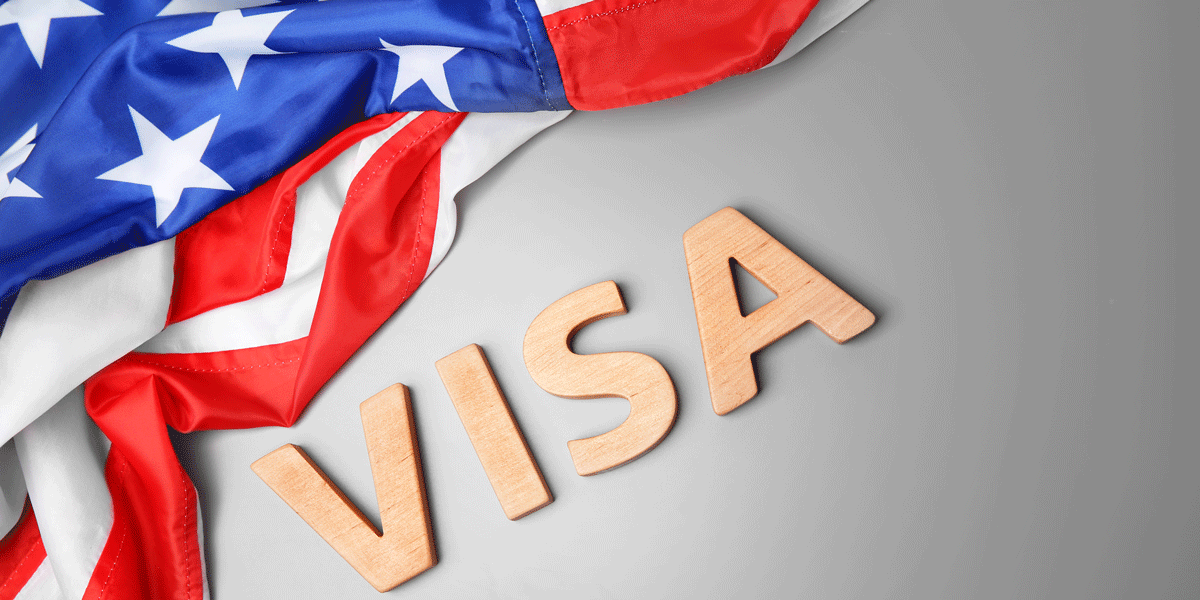Introduction
Applying for a U.S. visa can be a complex and time-consuming process. Whether you’re planning to visit, study, work, or immigrate, understanding the requirements and procedures is crucial for a successful application. Making mistakes or missing key details can lead to delays or even visa denials.
To help you navigate the process smoothly, here are five essential things you should know before applying for a U.S. visa.
1. Determine the Right Type of Visa for Your Purpose
The U.S. offers various visa categories, each serving a specific purpose. Choosing the right one is the first step toward a successful application.
Common U.S. Visa Types:
- B-1/B-2 (Tourist/Business Visa): For short-term visits, tourism, and business-related activities.
- F-1 (Student Visa): For international students pursuing academic programs in the U.S.
- J-1 (Exchange Visitor Visa): For cultural exchange programs, including internships and research.
- H-1B (Work Visa): For skilled professionals working in specialized fields.
- K-1 (Fiancé(e) Visa): For foreign nationals planning to marry a U.S. citizen.
- Immigrant Visas (Green Cards): For those seeking permanent residency.
Tip: Carefully review the requirements for your specific visa category to ensure eligibility before applying.
2. Understand the Visa Application Process
The U.S. visa process typically involves multiple steps, and understanding them will help you avoid unnecessary delays.
General Steps for a U.S. Visa Application:
- Complete the DS-160 Form – This is the online application form for non-immigrant visas.
- Pay the Visa Application Fee – Fees vary depending on the visa type.
- Schedule Your Visa Interview – Most applicants must attend an interview at the U.S. embassy or consulate in their country.
- Prepare Required Documents – These may include a valid passport, DS-160 confirmation page, visa fee receipt, and supporting documents.
- Attend the Interview – Answer questions honestly and provide necessary documents.
- Wait for Processing and Decision – Some applications may require additional processing time.
Tip: Start your application process early to allow enough time for scheduling and processing.
3. Prepare for the Visa Interview
The visa interview is a crucial step, and your responses will determine whether your application is approved or denied.
Common Interview Questions:
- What is the purpose of your trip?
- How long do you plan to stay in the U.S.?
- Do you have ties to your home country (family, job, property)?
- How will you fund your stay in the U.S.?
- Have you traveled to the U.S. before?
Tips for a Successful Interview:
✅ Be honest and concise in your answers.
✅ Dress professionally and arrive on time.
✅ Bring all required documents in an organized manner.
✅ Demonstrate strong ties to your home country to prove you will return.
Tip: If you’re applying for a student visa (F-1), be prepared to discuss your course of study and why you chose a U.S. institution.
4. Be Aware of Visa Fees and Processing Times
Visa application fees vary based on the type of visa and are non-refundable, even if your application is denied.
Current Visa Fees (as of 2024):
- Tourist/Business Visa (B-1/B-2): $185
- Student Visa (F-1): $185
- Work Visa (H-1B): $205
- Fiancé(e) Visa (K-1): $265
- Immigrant Visa (Green Card): $325+
Processing times can vary based on your country, visa category, and embassy workload. Some applications may require administrative processing, which can take additional weeks or months.
Tip: Check the U.S. Department of State website for updated fees and processing times.
5. Visa Approval Is Not Guaranteed
Even if you submit all required documents, approval is at the discretion of the consular officer. Some of the most common reasons for visa denials include:
- Insufficient Ties to Home Country – Failing to prove strong reasons to return (e.g., job, family, property).
- Incomplete or Incorrect Documentation – Missing key forms or providing false information.
- Weak Financial Standing – Inability to show proof of funds for your stay.
- Previous Visa Violations – Overstaying a previous visa or other immigration violations.
If your visa is denied, the officer will provide a reason. In some cases, you can reapply after addressing the issue.
Tip: To improve your chances, carefully prepare your application and supporting documents.
Conclusion
Applying for a U.S. visa can seem overwhelming, but proper preparation increases your chances of success. Understanding the visa category, following the correct application process, preparing for the interview, and ensuring strong supporting documents will help you navigate the system smoothly.
If you’re planning to apply soon, start early, stay informed, and be well-prepared to make the process as stress-free as possible.

